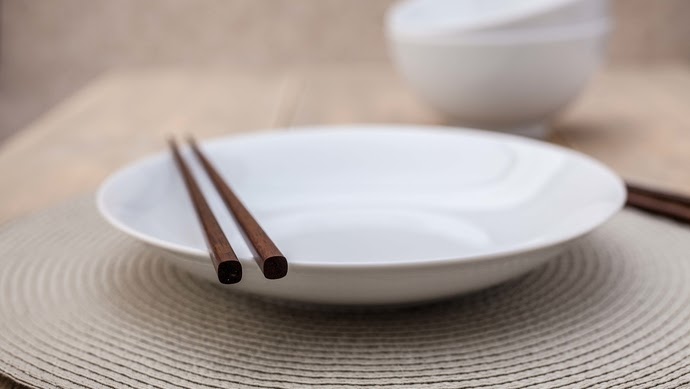Beijing says there’s plenty of food, but people fear the reasons behind ‘clean plate’ campaign
Chinese people are starting to worry why the government has started a food austerity campaign.

In a bid to curb a panic-buying hysteria fueled by widespread anxiety over food security in China, the country’s top agricultural authority has offered assurance that Chinese food supply is plentiful, and urged farmers not to withhold products from the market for price-gouging opportunities.
In a press conference on August 26, Táng Kē 唐珂, a senior official with the Ministry of Agriculture and Rural Affairs, said (in Chinese) that despite the COVID-19 pandemic and other emergency events that struck the country in the first half of 2020, China sees no nationwide shortage of food supply at the moment. “As long as there’s no major natural disasters for the rest of the year, 2020 will end up being a year of good harvest,” Tang said, adding that panic-buying foods is totally unnecessary for Chinese shoppers.
Tang also warned about what he called a “false rumor” about potential food shortages. He asked crop growers to “pay close attention to the market” and “seize the opportunity to sell products.”
The assurance came at a time when rumors are swirling about China’s ability to safely feed its 1.4 billion people, causing a panic-buying hysteria among some Chinese shoppers. The irrational fear is largely driven by speculations about the real intention behind a recent nationwide campaign named Operation Empty Plate (光盘行动 guāng pán xíngdòng), which, according to Chinese President Xi Jinping, was aimed at curbing food waste and encouraging people to embrace frugality.
Since Xi announced the initiative earlier this month, local officials and business owners have rushed to reinforce the supreme leader’s interests in battling the scourge of food waste. Within a few days after Xi’s speech highlighting the “appalling and distressing” problem of discarded leftovers, livestreamers who film themselves eating absurd amounts of food have been censored on social media platforms like Douyin. Meanwhile, a string of catering associations across the country have called on restaurants to limit the number of dishes customers can order.
The swiftness and scope of the anti-food-waste push was seen as “uncommon” and even “odd” by many observers, with some people speculating that the campaign was likely connected to a looming food crisis.
Despite the skepticism, private companies and organizations hoping to get on Xi’s good side continued to roll out policies targeting food waste, and some of them have become a target of criticism on the Chinese internet. This week, a company in Hunan Province faced backlash (in Chinese) after removing trash bins in the company’s cafeteria so that its employees couldn’t dump food waste. Another company in Shanghai generated a good deal of blowback for its plan to fire employees who fail to finish free lunches offered by the firm on a regular basis.
Some policies and rhetoric have come under special scrutiny for making women a target in the campaign. About two weeks after a controversial article by the All-China Women’s Federation, in which the organization called for women to fulfill their roles as “advocates for thriftiness” when running their households, a restaurant in Tianjin caught heat this week after introducing special lunch boxes for women. The move was heavily criticized for associating women with small portions of food.






